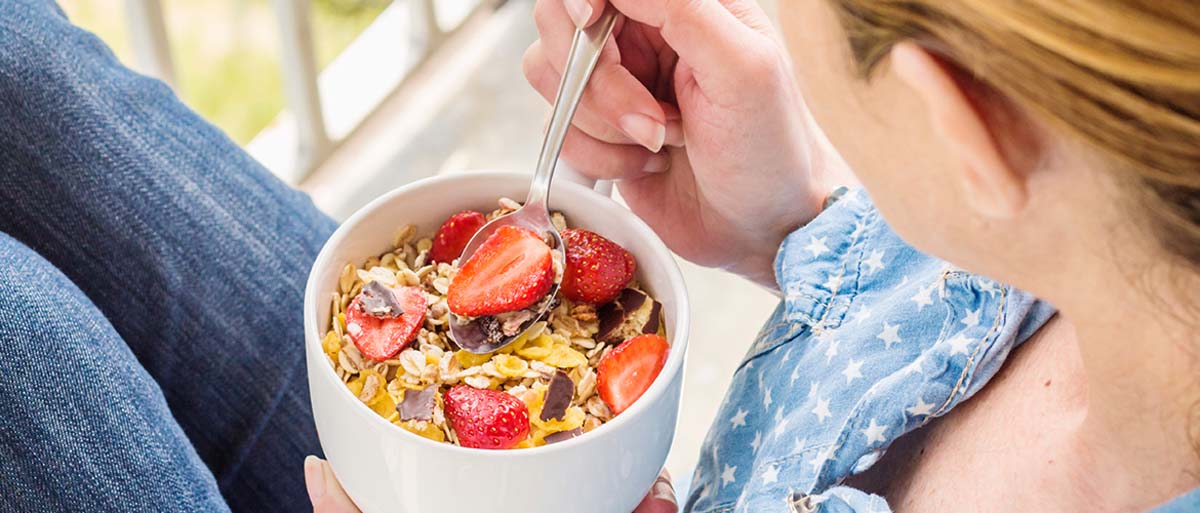You probably heard when you were a kid that breakfast is the most important meal of the day. Yet many Americans skip breakfast frequently. So is the morning meal really that important?
As a registered dietitian nutritionist, here’s what I know based on the science.
Is breakfast really the most important meal of the day?
First, any time you skip a meal you are setting yourself up for overeating and overindulging at a later meal. But eating breakfast, specifically, is often linked to better health. Whether that’s because breakfast eaters tend to make healthier choices or because eating breakfast actually helps you make better choices, is a chicken-or-the-egg question.
Why is breakfast more important than lunch or dinner?
The timing. Breakfast happens about 12 hours after your previous meal. In this time, while you’re sleeping, your body repairs itself using nutrients you’ve stored up during the day. So when you wake up, you’re low on available nutrients – running on empty. A morning meal kick starts your morning, so you feel more energized and awake.
Why is it bad if I skip breakfast?
Those who eat breakfast tend to have better attention and memory, smaller waistlines and better nutrition overall than those who skip it.
What components should I absolutely have in every breakfast?
Aim for at least three of the five food groups: Dairy, whole grains and fruit. Adding in a lean protein and a vegetable is a bonus!
How many calories should I aim to get at breakfast?
This really depends on fitness goals, weight loss goals and your age. Experiment with what and how much helps you get to lunch without feeling overly hungry or tired. Since caloric needs are so individualized, seek the help of a registered dietitian nutritionist.
How many grams of protein should I aim for at breakfast?
New research shows that spreading your protein throughout the day and getting 25-30 grams of protein in the morning can help with energy, managing weight and increasing lean muscle. Dairy can be a great way to pump up the protein in the morning. Milk has 8 grams in a cup, cheese has 7 grams in an ounce and most Greek yogurts have about 11 grams in a 6-ounce serving. Try lactose-free milk if regular milk upsets your stomach – same taste, same protein, no digestive problems.
Should carbs be part of a healthy breakfast?
You definitely need some whole grains in the morning. Your brain only uses carbohydrates for energy, and whole grains are the healthy kind of complex sugar that kick starts your brain in the morning as you’re headed to work or school. Whole grains also provide fiber, which helps keep you feeling full until lunch.
What if I’m not hungry at breakfast time?
Just choose a breakfast you can enjoy later, on your commute, like a smoothie. For your children, look into school breakfast programs.




